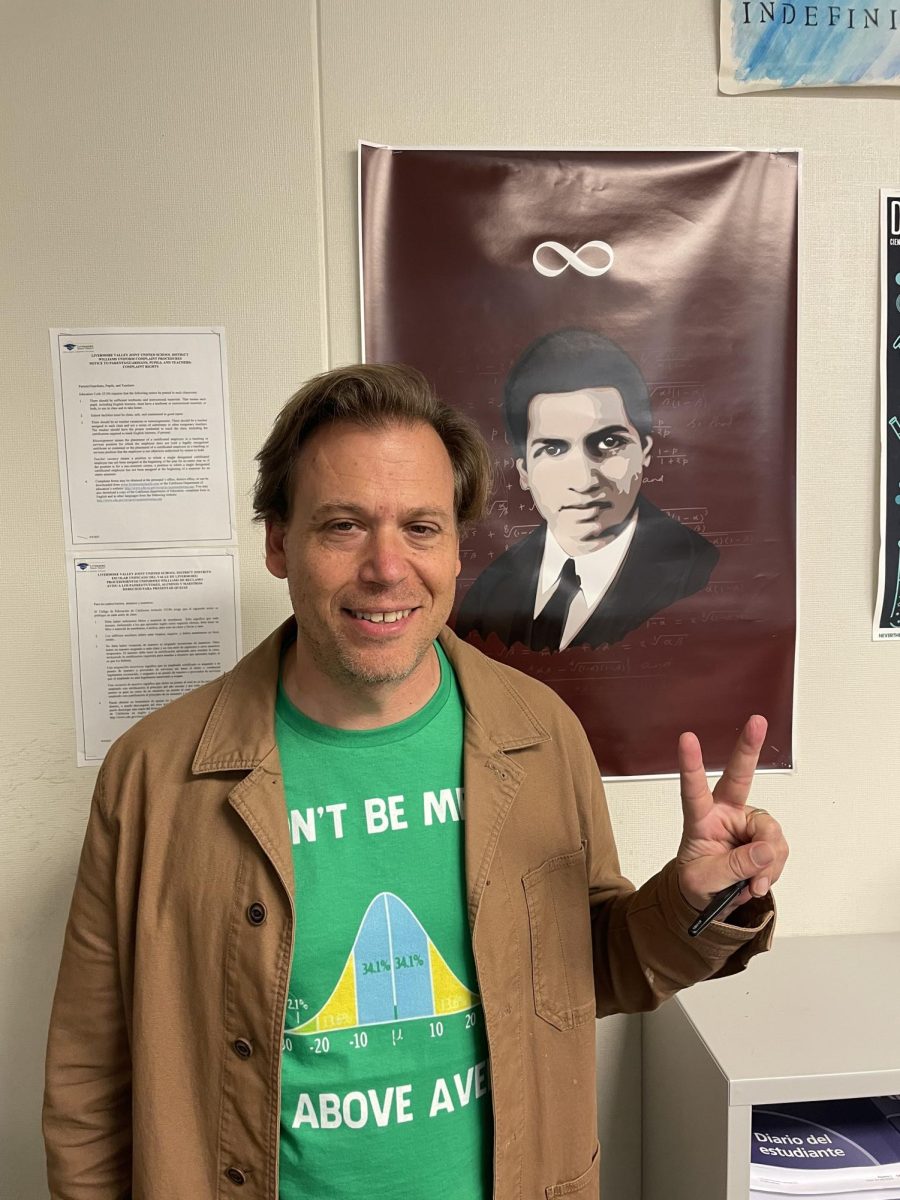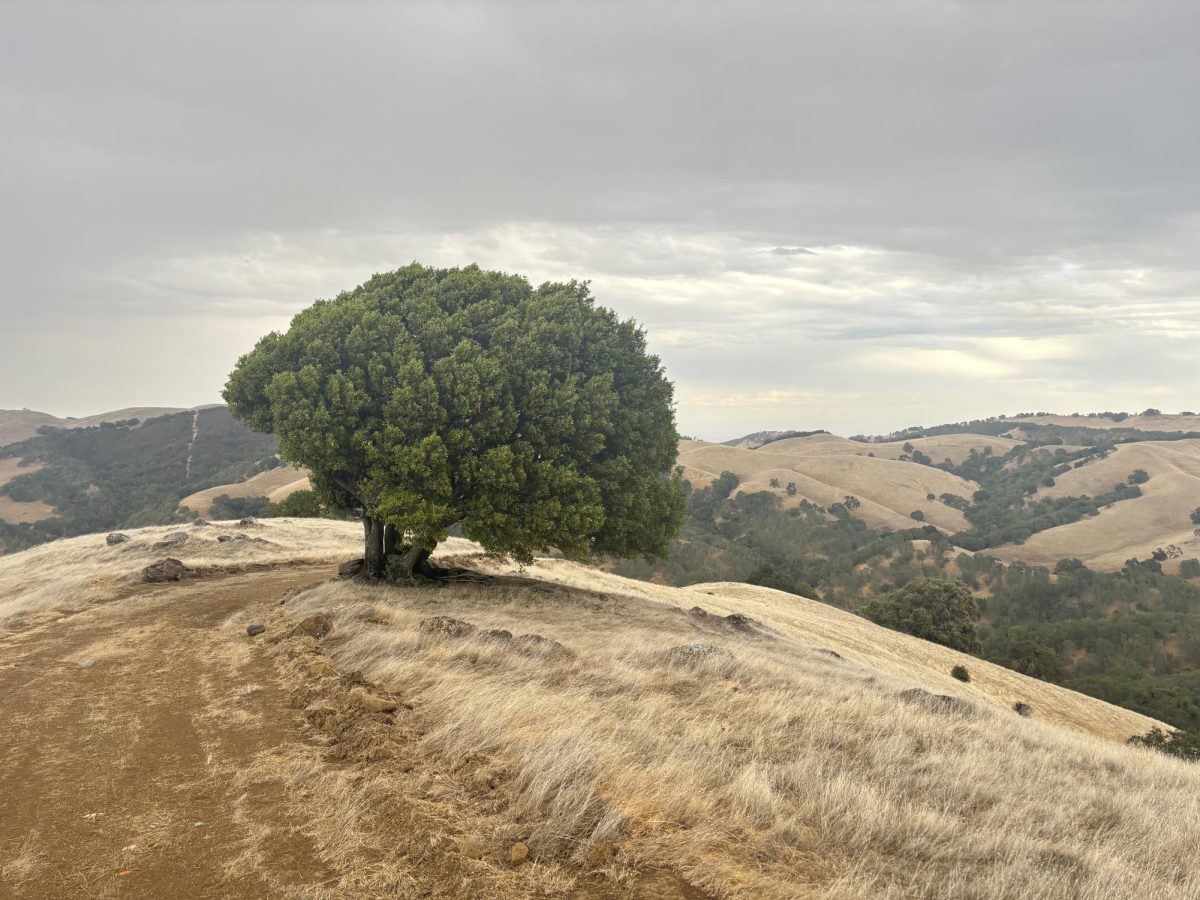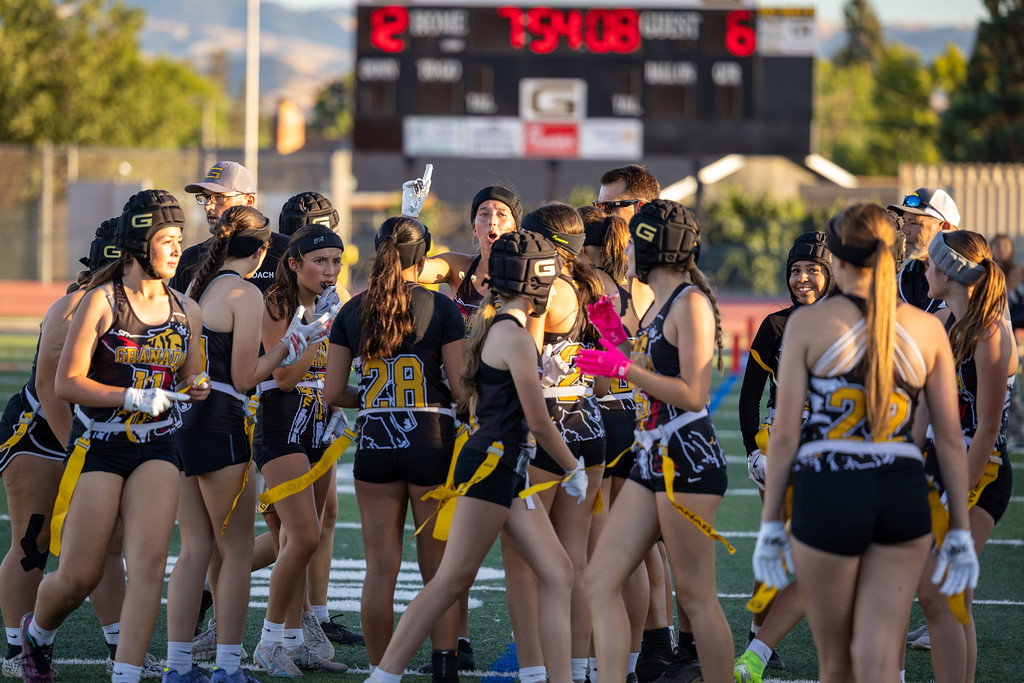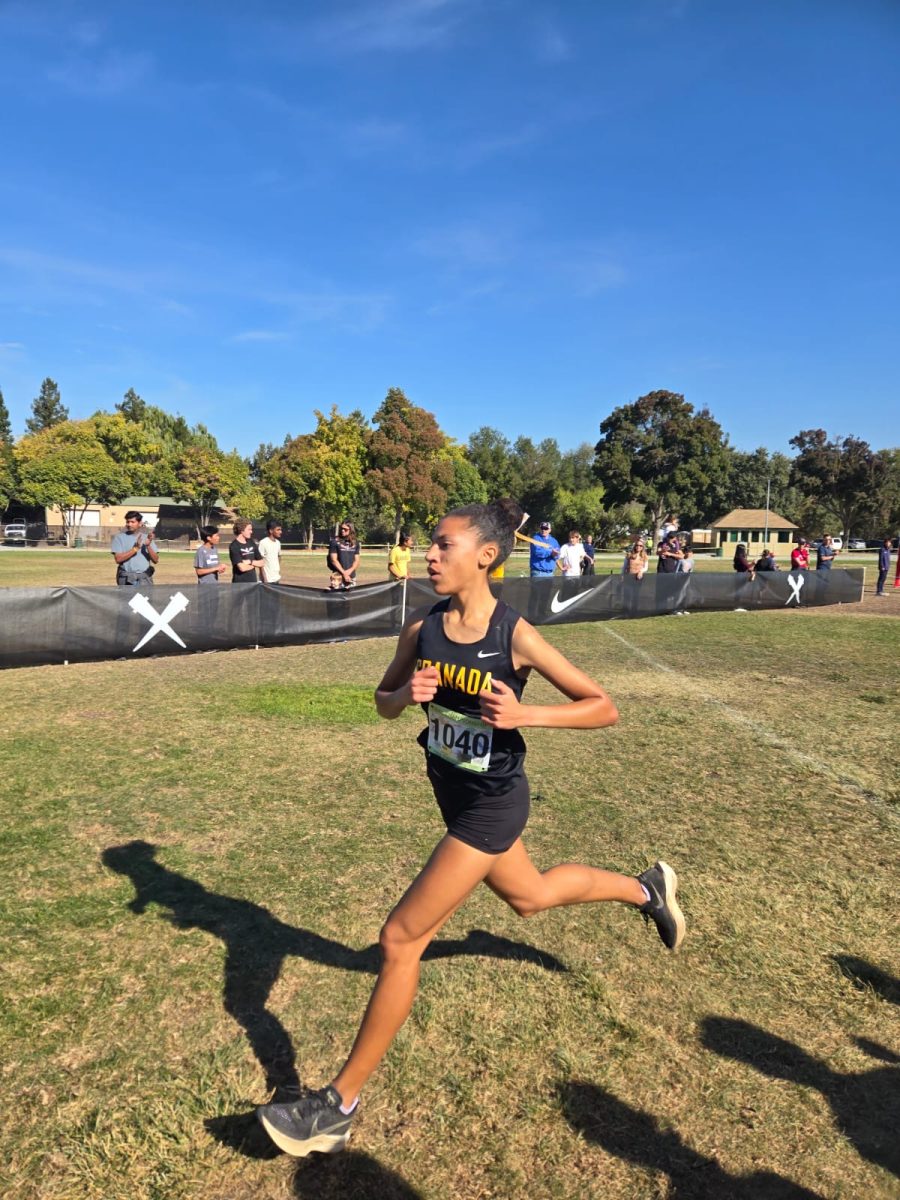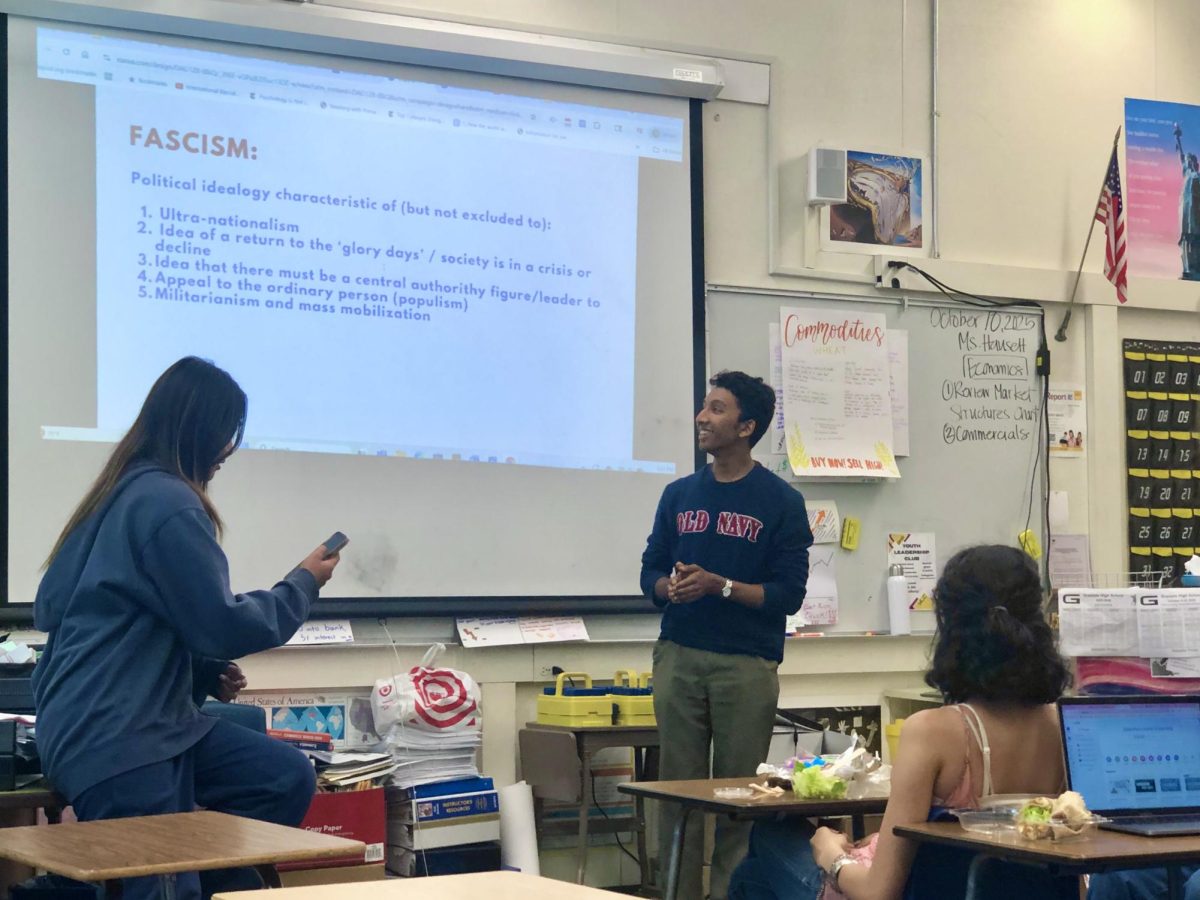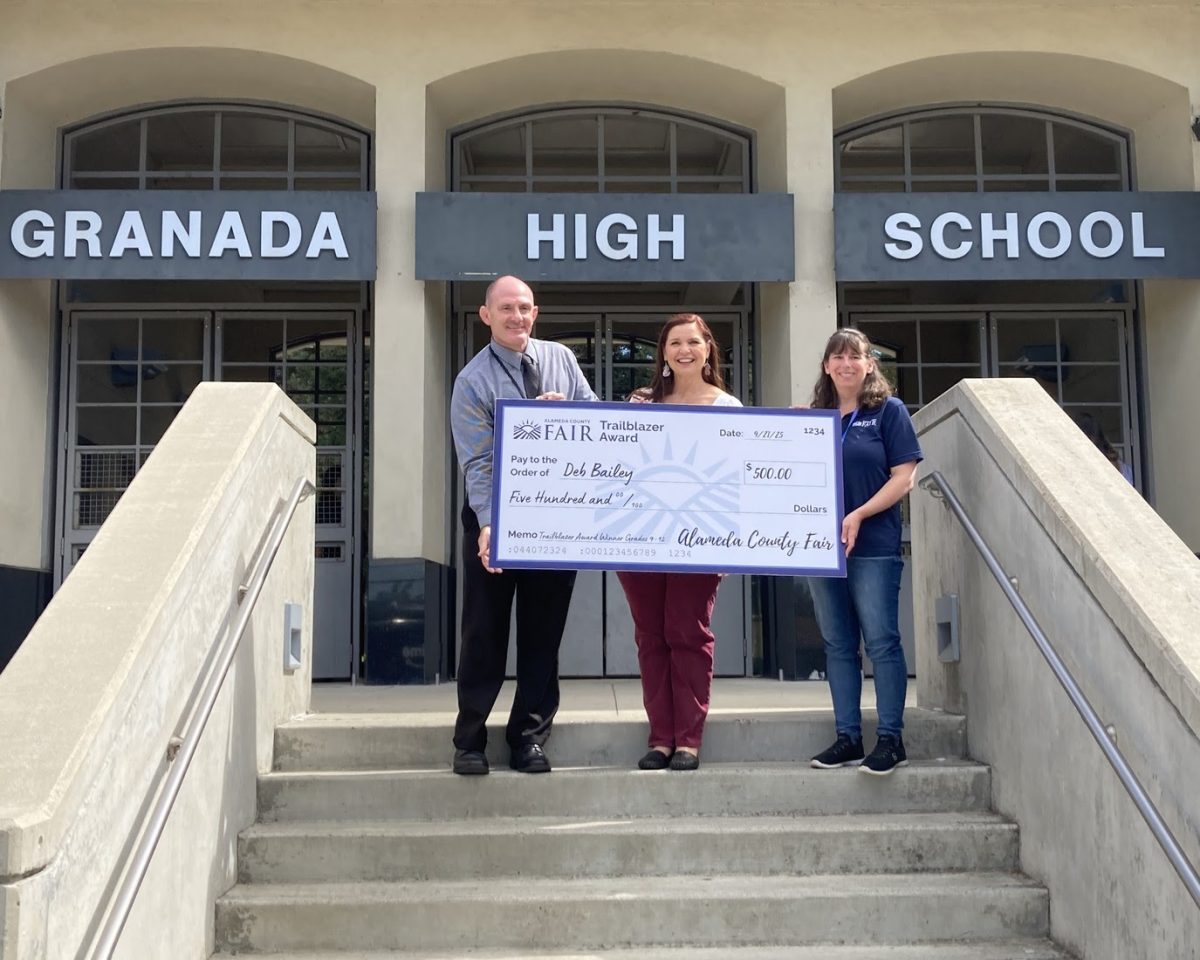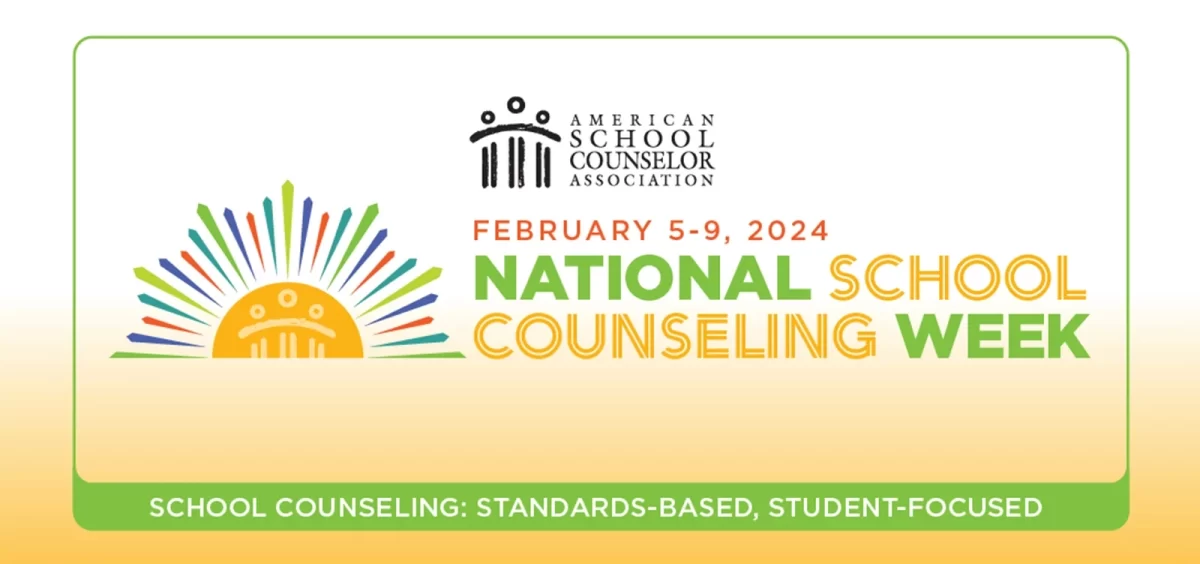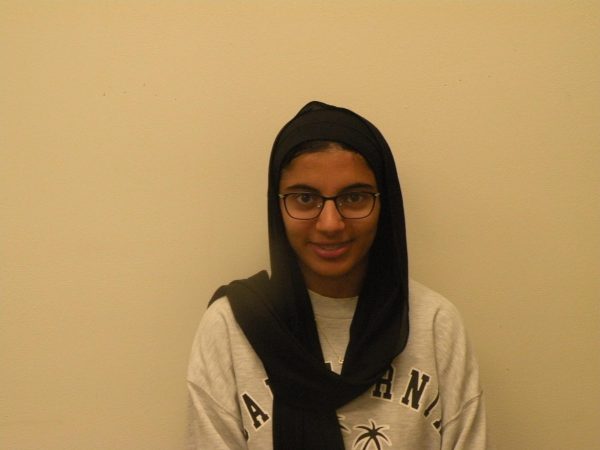The first week of February is National School Counselling Week. Sponsored by the American School Counselling Association, National School Counselling Week highlights the work school counselors do to help students through school and beyond. In recognition of National School Counselling Week some schools or school counselors will post about their experience being a school counselor according to a specific theme According to the American School Counselor Association the theme for 2024 is “School Counseling: Standards-Based, Student-Focused.” National School Counselling Week is an opportunity for students and teachers to appreciate what their counselors do for the school.
National School Counselling Week started fairly recently but school counsellors have been a thing for a long time. School counseling started in the late 1800s to early 1900s when there was little organization and being a school counselor wasn’t an official job. Usually, counselors were just secondary school teachers who would talk to students about the career they should pick. In the 1920s school counselors started helping students with more personal problems, like social/emotional problems.
In the 1940s and 50s federal legislation such as the Vocational Education Act of 1946 and National Defense Education Act of 1958 (NDEA). This was also when the American School Counseling Association (ASCA) was founded in 1952. These acts created more positions and gave school counselors more training. When the government became scared it was losing influence in science and technology and starting funding school counselors more so they could hopefully guide students into STEM careers. Because of this increased funding, the number of school counselors in the country sky-rocketed and completely changed the idea of a school counselor.
Another major change in the 1970s made school counseling not just a position but a program for students to find new opportunities. Since then schools and states have been adopting the ASCA school counseling model in hopes of implementing set standards for school counselors across the country.
Granada has a college and career specialist and four academic counselors who are all dedicated to helping students and all have their own journeys towards becoming counselors. ”I wanted to be in education but explored different options and then I kind of realized throughout college that I didn’t wanna be a teacher but I still wanted to do something in education and help students…I wanna help high school students find what their passion is whether it’s college or career and help them find where they wanna go after high school,” says Mrs. Watson, college and career specialist at Granada.
Academic counselor Mr. Johnston says “I like the idea of helping students through high school, and I like the idea of connecting education with psychology.” High school may also seem like an undesirable age to work with but the counselors at Granada feel like they can make the biggest difference with high school students. “I think it’s because I’m a mom too and the older my kids got, I got more interested in high school kids, and I just love how a lot of students are gaining responsibility and they’re mature and it’s just a fun age to work with,” says Mrs. Therrien.
There are of course struggles with being a counselor and most counselors cited having too many students and having to do so many schedule changes as a difficulty they faced being a counselor at Granada. “Sometimes I feel that we just don’t have enough time to be with certain kids because our caseloads are pretty big, So that’s the only thing,” says Mrs. Castorena “…I would love to see more kids daily, but it’s just tough with the amount of kids we have on our caseloads.”
Schedule changes are one of the many things counselors do but when there are so many schedule changes that have to be done, it takes away from the meaningful part of being a school counselor, which is connecting with students. “We’re here for more than just schedule changes. We are here to help students emotional wellness…jobs, resources, college and career…more than just schedule changes,” says Mr. Johnston.
When asked about what they wanted Granada students to know, most said that they just wanted students to know the counseling centre is open for anything students need whether they have issues academically or personally. Mrs. Solomon put it perfectly: “I feel like sometimes there’s a stigmatism about coming into the counseling centre and seeking help. I wish more kids that this is a safe space. We’re all here, it’s a wonderful team at Granada, to help them and support them in any way that they can. And getting help when you’re not at a good place and having a hard time, is something that should be viewed as positive sometimes, I think it’s viewed as negative, but you can’t do it yourself.”

